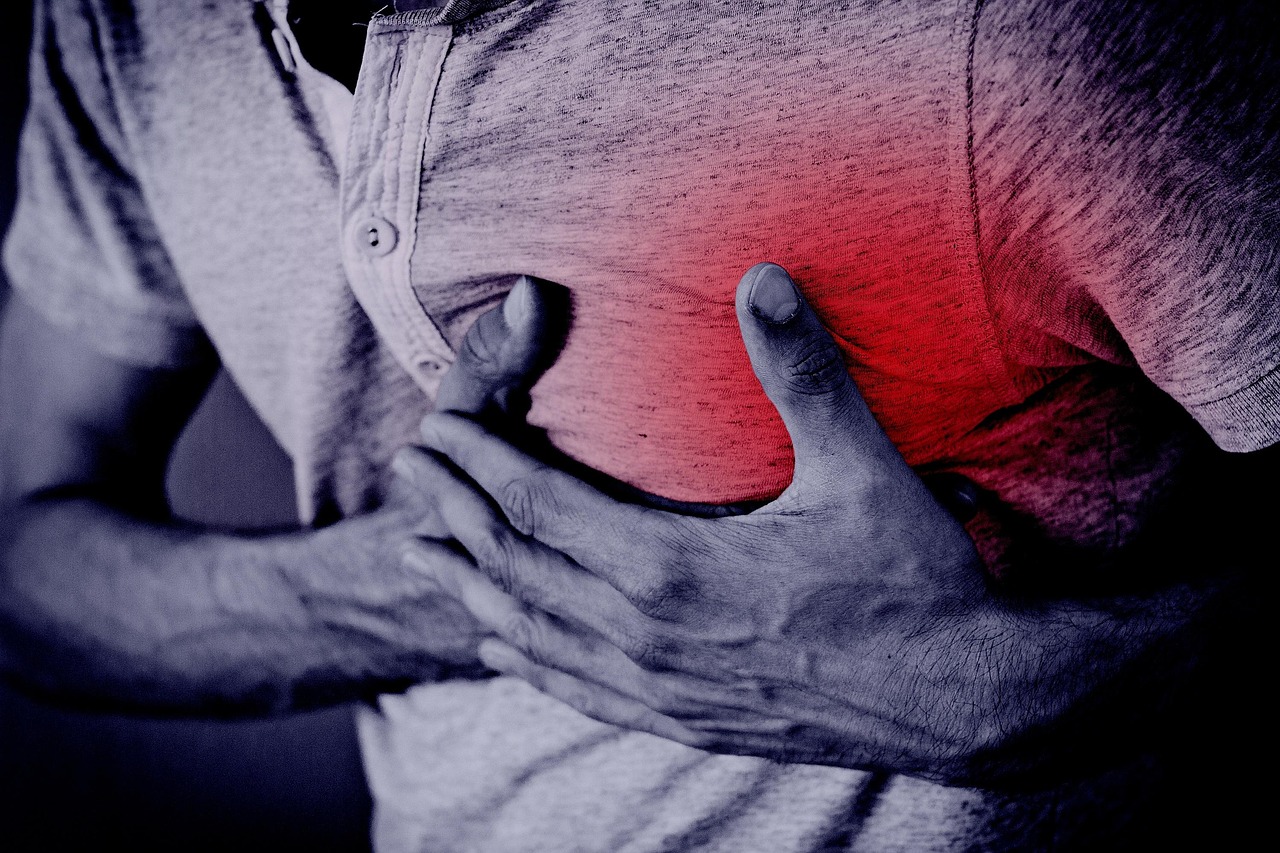
403
Sorry!!
Error! We're sorry, but the page you were looking for doesn't exist.
Report Links Clock Changes to Heart Attacks, Crashes
(MENAFN) Seasonal time adjustments carry serious health consequences ranging from cardiovascular emergencies to fatal collisions, new findings revealed Saturday.
While autumn's clock rollback grants an additional hour of rest—seemingly a pleasant opportunity to unwind or linger under the covers—emerging research indicates the transition may elevate risks of depressive episodes, media reported.
The autumn adjustment proves less detrimental than its springtime counterpart, which correlates with increased heart attacks, strokes, and vehicular fatalities.
Mounting scientific data demonstrates that biannual time shifts compromise human health. Spring's forward transition produces the most severe consequences, creating darker mornings, extended evening daylight, and robbing individuals of 60 minutes of crucial sleep.
International studies document a modest 4% surge in cardiac events and elevated stroke incidence following spring clock advancement.
Mental health conditions including mood disorders, depression, anxiety, and substance dependency may deteriorate. Fatal automotive crashes in the United States climb approximately 6% during weeks immediately after spring's time change, predominantly attributed to sleep deprivation.
Spring's clock adjustment disrupts the body's circadian rhythm—the biological mechanism controlling sleep-wake cycles. Sunlight typically signals the brain to generate melatonin during nighttime hours and cortisol upon morning arrival.
Advancing clocks creates brighter evenings and dimmer mornings, compromising melatonin synthesis and complicating sleep onset while compelling individuals to wake earlier than their innate biological schedule.
"Left to themselves, our internal circadian clocks naturally align with the light-dark cycle, so the only problem comes if you start arbitrarily defining time based on a clock," said David Ray, professor of endocrinology and co-director of the Sir Jules Thorn Sleep and Circadian Neuroscience Institute at the University of Oxford.
"Because then you'll have people who are being asked to live their lives against the clock. Their internal clock tells them it's 7 am, but the clock on the wall says it's 6 am, so they're one hour misaligned.
"Now you might think that's only a very small difference, but if you look at large enough numbers of people, you start to see that there are problems," Ray added.
While autumn's clock rollback grants an additional hour of rest—seemingly a pleasant opportunity to unwind or linger under the covers—emerging research indicates the transition may elevate risks of depressive episodes, media reported.
The autumn adjustment proves less detrimental than its springtime counterpart, which correlates with increased heart attacks, strokes, and vehicular fatalities.
Mounting scientific data demonstrates that biannual time shifts compromise human health. Spring's forward transition produces the most severe consequences, creating darker mornings, extended evening daylight, and robbing individuals of 60 minutes of crucial sleep.
International studies document a modest 4% surge in cardiac events and elevated stroke incidence following spring clock advancement.
Mental health conditions including mood disorders, depression, anxiety, and substance dependency may deteriorate. Fatal automotive crashes in the United States climb approximately 6% during weeks immediately after spring's time change, predominantly attributed to sleep deprivation.
Spring's clock adjustment disrupts the body's circadian rhythm—the biological mechanism controlling sleep-wake cycles. Sunlight typically signals the brain to generate melatonin during nighttime hours and cortisol upon morning arrival.
Advancing clocks creates brighter evenings and dimmer mornings, compromising melatonin synthesis and complicating sleep onset while compelling individuals to wake earlier than their innate biological schedule.
"Left to themselves, our internal circadian clocks naturally align with the light-dark cycle, so the only problem comes if you start arbitrarily defining time based on a clock," said David Ray, professor of endocrinology and co-director of the Sir Jules Thorn Sleep and Circadian Neuroscience Institute at the University of Oxford.
"Because then you'll have people who are being asked to live their lives against the clock. Their internal clock tells them it's 7 am, but the clock on the wall says it's 6 am, so they're one hour misaligned.
"Now you might think that's only a very small difference, but if you look at large enough numbers of people, you start to see that there are problems," Ray added.

Legal Disclaimer:
MENAFN provides the
information “as is” without warranty of any kind. We do not accept
any responsibility or liability for the accuracy, content, images,
videos, licenses, completeness, legality, or reliability of the information
contained in this article. If you have any complaints or copyright
issues related to this article, kindly contact the provider above.

















Comments
No comment